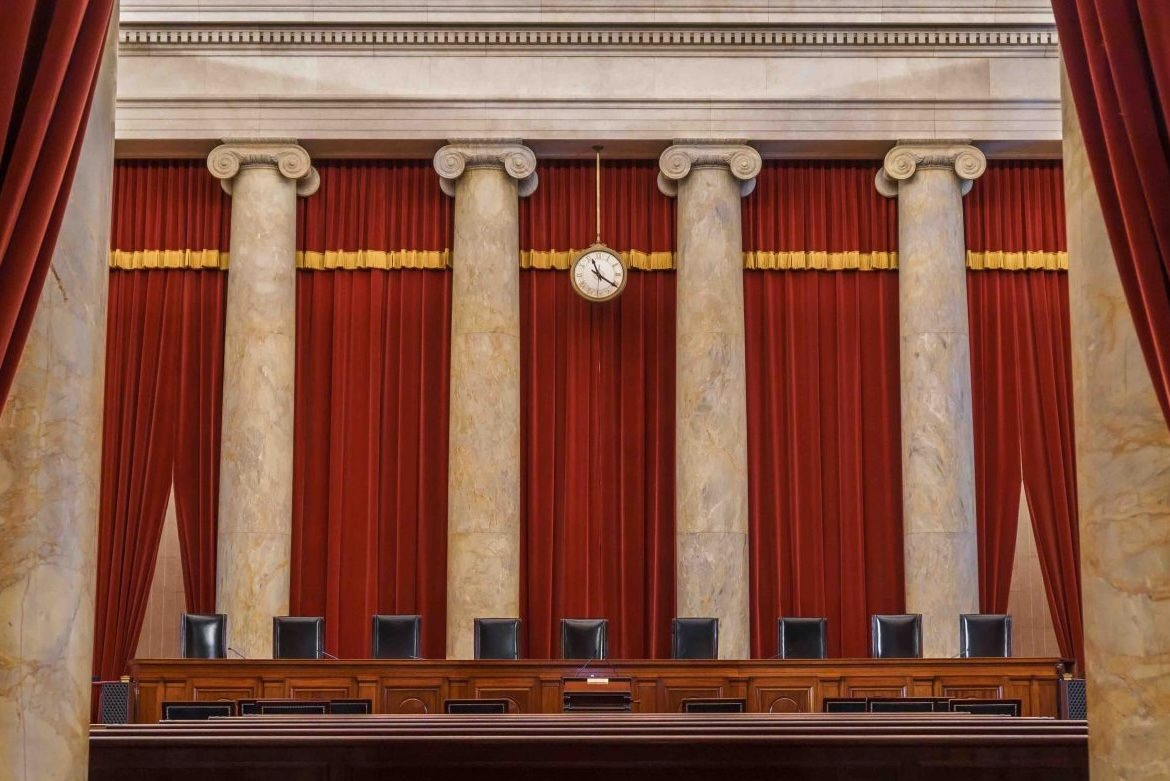Justices debate state limits on malpractice actions for cases in federal court


The oral argument Monday in Berk v. Choy was filled with the nuts and bolts of judicial procedure – what it takes to get a case started; what can justify a court in stopping the case in its tracks right after it gets to the court; and, most importantly, who gets to answer those questions. It’s not at all clear that all of the justices will reject applying in federal court the requirements under review – Delaware procedures designed to limit medical malpractice litigation – but some of them viewed the requirements as unacceptably hostile to the central conception of the federal trial system.
At the argument, some of the justices seemed dead set against the application of Delaware’s rules in federal court. Justice Elena Kagan led that group, drawing on a big-picture conception of the Federal Rules of Civil Procedure doubtless influenced by her decades teaching about the subject as a professor. For Kagan, the Delaware rules fly in the face of “the entire thrust of the Federal Rules,” which were “meant to establish a notice pleading system where all you had to do was say: ‘Here I am, here’s my claim, I’m going to be seeking damages, the end,’ and everything else was supposed to happen later in the normal course of things.”
Without relying on any particular phrase of any particular rule, Kagan repeatedly explained her perspective that the Delaware “requirements effectively forc[e] a person to prove her case before the case really gets started.” To her, “if there’s anything you know is a violation of the whole idea of the federal rules, that’s it.”
Other justices looked for more specific conflicts between the Federal Rules and the Delaware requirements. Justice Ketanji Brown Jackson, for example, emphasized the provisions of Rule 3 that call for the filing of an action as soon as the court receives the complaint: “[W]e have this Delaware law saying what is necessary to file or initiate a malpractice lawsuit as a matter of procedure. You have to have this separate [affidavit.] Notably, it’s not evidence. It is just what is a necessary step to initiate this lawsuit. And under federal law, no such thing is required. The federal law says that the action commences by filing a complaint with the court.”
Taking a similar tack, Justice Sonia Sotomayor pointed to the requirements for filing an answer to a complaint: “The Federal Rules require that an answer be served in 20 days; the Delaware rule says the answer doesn’t have to be served until the affidavit’s filed.”
Frederick Yarger (representing the defendants – a doctor (Wilson Choy) and the hospital where Harold Berk was treated) suggested that the justices shouldn’t focus on details like those on which Jackson and Sotomayor focused. He said early in his presentation that there was no reason “that a federal court must ignore the entirety of a state statute if any part of it might conflict with a federal rule in some case.”
The problem with that approach, as several justices recognized, is that he was asking the justices to pick and choose among the various pieces of the Delaware statute. As Justice Neil Gorsuch put it, “you are cracking and extracting … some things from the Delaware rule that you would apply in federal court and other things that you wouldn’t. … [W]e’re creating this Frankenstein of a statute, right? We’re taking bits and pieces and adapting it, but what authority does a federal court have to rewrite Delaware law in that fashion?”
The difficulty with projecting a result from this argument is that so many of the justices said nothing that even gives a hint about what they’re thinking about as a result. Chief Justice John Roberts and Justices Clarence Thomas and Samuel Alito are the group you would expect to be most receptive to Delaware’s concerns. And as a group they said so little that it is hard to be sure that the views of Kagan, Jackson, and Sotomayor represent the views of a majority of the bench.
So I think it is safe to say that several justices will reject Delaware’s procedures, and hard to believe that Kagan won’t write something, but not at all clear what side the court, as a whole, will favor.
Posted in Court News, Merits Cases
Cases: Berk v. Choy